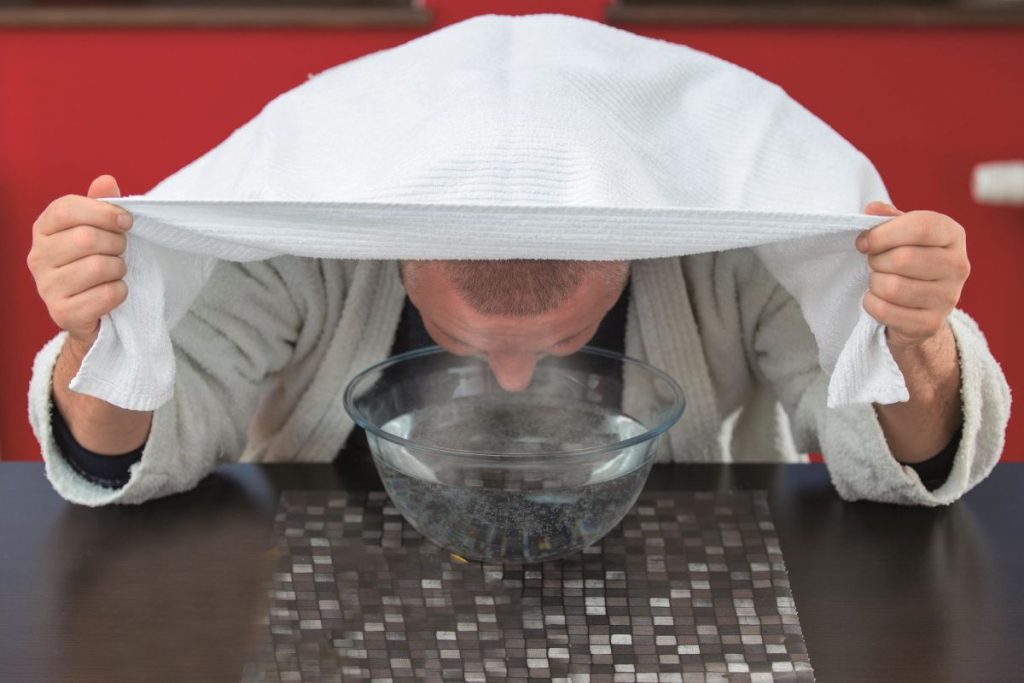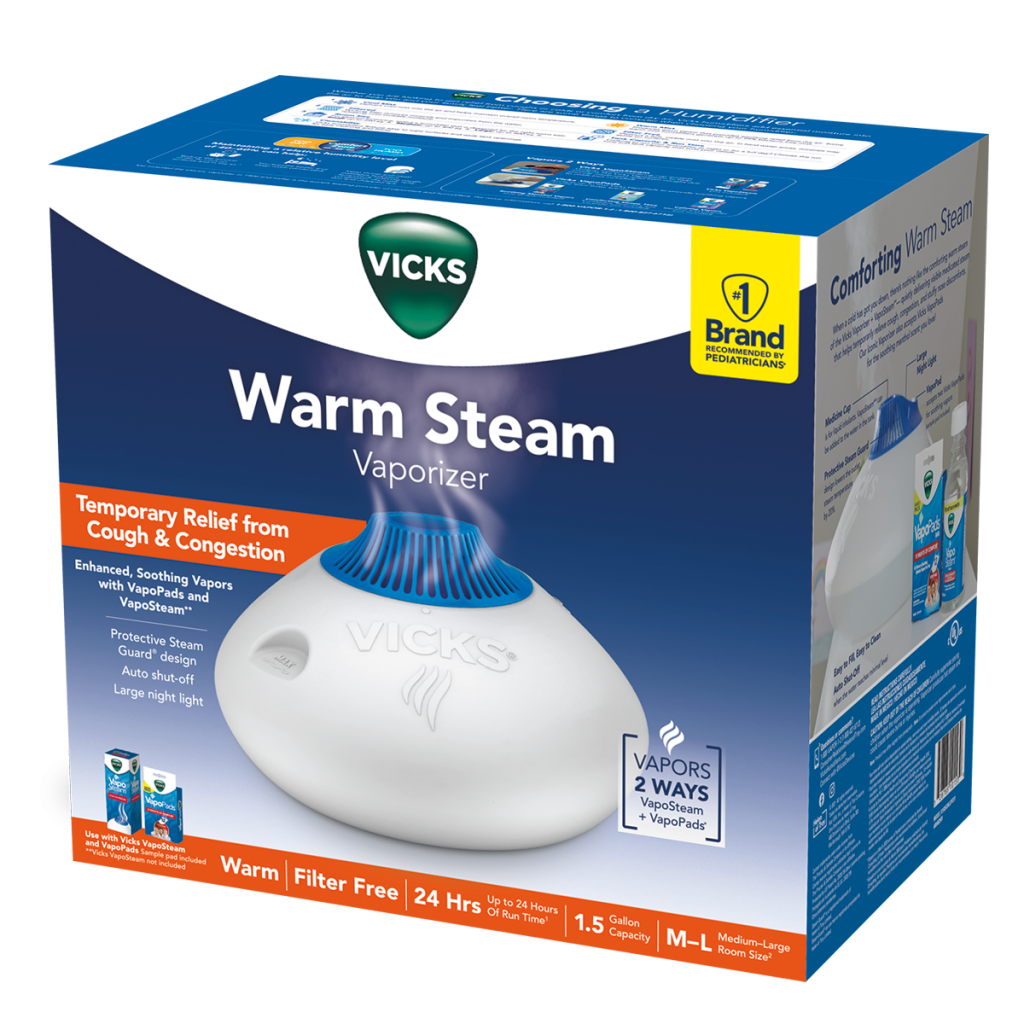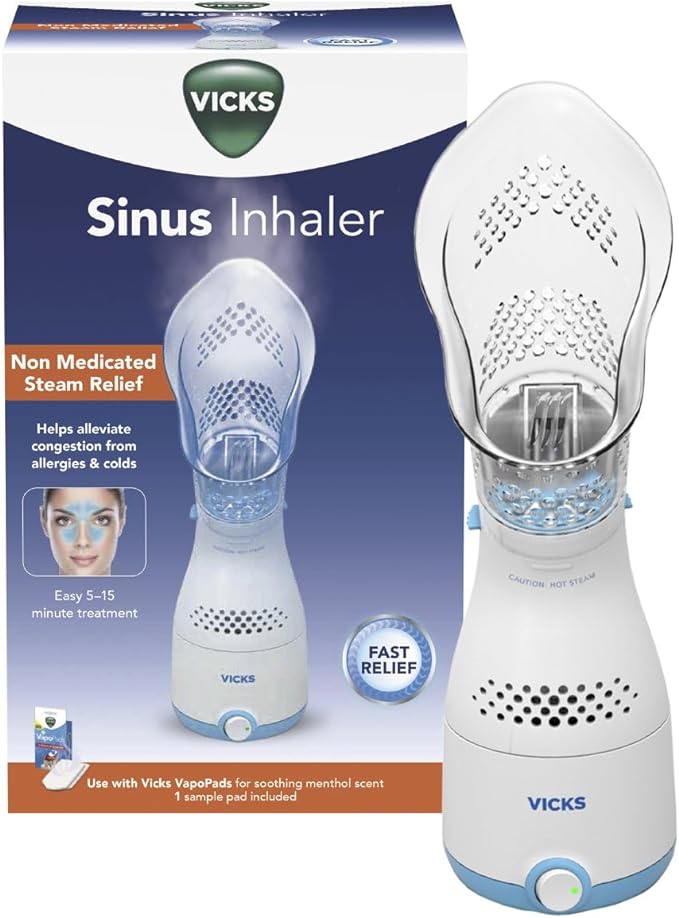As a singer, your vocal cords are one of your most important assets. Taking care of your voice is crucial to maintaining your vocal health and ensuring that you can perform at your best.
One popular method for caring for your vocal cords is steaming. While steaming can have many benefits, it is important to understand the potential risks as well. In this article, we will explore the pros and cons of steaming your vocal cords.
Pros of steaming your vocal cords
1. Rehydrates dried out cords and throat
One of the main benefits of steaming is that it can help rehydrate dry vocal cords and throat. This can be especially helpful if you live in a dry climate or if you have been talking or singing for an extended period.
2. Loosens Mucus
Steaming can help loosen mucus in the throat and nasal passages, making it easier to sing or speak. This can be particularly helpful if you are suffering from a cold or allergy symptoms.
3. Reduces Swelling
If your vocal cords are swollen, steaming can help reduce inflammation and relieve discomfort.
Cons of steaming your vocal cords
1. Can Increase Severity of Viral or Bacterial Infections
Steaming vocal cords when you have a bacterial or viral infection can help increase and spread the severity of the virus to your airway. For this reason, it is not recommended to steam your vocal cords when you are sick.
2. Can cause burns
If the steam is too hot or if you are not careful, you can accidentally burn your vocal cords. This can cause serious injury and may even require medical attention.
3. Not a substitute for proper vocal care
While steaming can be helpful, it is not a substitute for proper vocal care. It is important to stay hydrated, get enough rest, and avoid behaviors that can harm your voice, such as smoking.
Steaming your vocal cords can be a useful tool for maintaining vocal health, but it is important to use caution and understand the potential risks. If you are unsure whether steaming is right for you, consult with a vocal coach or medical professional for guidance. Remember, the best way to care for your voice is to practice good vocal hygiene and take steps to prevent injury and strain.
Should you steam your vocal cords before or after a show?
As a singer, your voice is your instrument, and taking care of it is paramount. Whether you’re a rock or metal singer or any kind of singer that sings with grit or rasp, you want to make sure that your voice is in top shape when you take the stage. One popular method for vocal care is steaming, but is it safe to steam your vocal cords before a show? Let’s explore why steaming your vocal cords before a show is not recommended and why steaming post-show can be helpful for recovery.
Caution: Steaming your vocal cords before a show is not recommended
Steaming your vocal cords before a show is not recommended, and should always be an absolute last choice. The reason for this is that the steam can make your vocal cords more vulnerable to damage, especially if you sing with grit or rasp. This is because these vocal styles rely on a certain amount of tension in the vocal cords, and the steam can soften them, making them more susceptible to injury.
Steaming can also cause swelling of the vocal cords, which can make it more difficult to sing. For these reasons, it is best to avoid steaming your vocal cords before a show.
Steaming your vocal cords post-show: What you need to know
While steaming your vocal cords before a show is not recommended, steaming post-show can be helpful for recovery. After a performance, your vocal cords may be strained, and steaming can help alleviate any discomfort or swelling. Here’s what you need to know.
Use warm, not hot, steam. The steam should be warm enough to be soothing, but not so hot that it burns your vocal cords. Be careful not to get too close to the steam source.
I highly recommend that every vocalist purchase a steamer. In keeping with my philosophy of “No BS”, I have personally been using Vicks Steam inhalers for over 15 years. While there are different products out there, the one that I recommend is the Vicks Steam Vaporizer, or the Vicks Sinus Inhaler for travelling (I am not sponsored by Vicks directly, I just really like their products).
⚠️ After steaming, your vocal cords will be in a fragile state (more thinned down than usual). Do not yell or try to sing at any kind of performance volume. In fact, the best advice is to steam your vocal cords at night. If possible, practice complete vocal silence until the morning.
RVR pro tip number one: Vocal cords are highly sensitive to irritants. As a vocal coach and a singer, I do not recommend adding any substance (including menthol) to the water that you’re inhaling. Pure steam is the best substance to rehydrate a dry voice and help you rehabilitate inflamed vocal cords and when used the right way, it can actually help you to recover from minor strains and tears within the micro-muscles of your larynx.
RVR pro tip number two: If your vocal cords are seriously inflamed or dried out, my personal recommendation is to steam for at least 45 minutes with a towel over your head. I personally have four towels that I’ve sewed together to ensure that no steam escapes my inhalation.
Don’t rely solely on steaming for vocal recovery. While steaming can be helpful, it is not a cure-all. It’s important to rest your voice, stay hydrated, and avoid behaviors that can harm your vocal cords, such as smoking or drinking alcohol.
In conclusion, steaming your vocal cords before a show is not recommended and can be harmful to your vocal cords, especially if you sing with grit or rasp. However, steaming post-show can be helpful for vocal recovery, as long as it is done safely and in moderation. If you’re unsure about whether steaming is right for you, consult with a vocal coach or medical professional for guidance. Remember, the best way to care for your voice is to practice good vocal hygiene and take steps to prevent injury and strain.
RVR pro tip number three: When you steam your vocal cords, regardless of whether it is pre-show or post-show, your vocal cords will be thinned down and will remain thinned down for longer. This means that they won’t have the same mass or thickness your speaking voice will normally enjoy. It is not recommended to speak or yell while your vocal cords are thinned down, because you’ll risk damaging your vocal cords as they won’t support normal, rowdy levels of sound production.
I can’t stress this enough. If you’re a professional singer, once you’ve steamed your vocal cords you should try not to speak for the rest of the night. In fact, let the people around you know that you’re going to go into “vocal silent mode”.
Better information leads to better singing! If you’d like to talk more about the best steps to vocal recovery, contact me today for a chat.
Disclaimer: If you make a purchase from one of the above links, a tiny commission goes to supporting the site. In keeping with my “No BS” policy, I only ever recommend products that I personally use or know are beneficial to my readers.




Thanks for the information.
No problem, Reno! Glad you enjoyed the article.
My singing voice is sometimes hoarsy. I need help cause I am left with one day to perform.
Hi Masefako,
There are multiple reasons why you may be experiencing a hoarse voice. The most important thing that you can do when your voice is feeling inflamed before a performance is to be proactive with its care.
1. Try steaming your vocal cords by following some of the advice in this article. If you don’t have a steamer and it’s too late to order one, the next best thing is to jump into a shower with the window closed and get the room as steamy as possible. Stay in the shower for at least 15-20 minutes. During that time, just sing very relaxed scales in a comfortable part of your vocal range.
2. Avoid caffeine, alcohol and any kind of throat lozenge that contains alcohol.
If this is a regular occurrence, I’d recommend booking in a vocal diagnostic session with me and we can dig into the root cause in more detail. Please feel free to contact me any time at paule@rapidvocalresults.com.
-Paule
Thank you so much Paule, this was really helpful. I am a singer and have been experiencing allergies to pollen for a few months and the AC in my room is drying out my vocal chords, so I am not able to sing in my head voice and need to do something to heal my sensitive vocal chords. Would this vocal steamer work for me? Do you know if it is scientifically backed? Should I consult my doctor first? I also have another question. In my honors chorus, the director put me as a soprano 1 for next year, and I don’t feel as confident in my very high range, I am usually an alto. Do you have vocal exercises you recommend to me to improve my range and protect my voice? Thank you so much!!
Hi Eleanor,
Any time you are not confident to proceed with an experimental treatment to improve your singing voice, I absolutely recommend you talk to your family doctor.
Steaming your vocal cords will relieve stress and inflammation in your vocal cords. It will also help to rehydrate your vocal cords. When they’re healthy, our vocal cords use mucosa to produce a natural lubricant that reduces friction when our vocal cords rub together (when we speak and when we sing). Steaming has a very long track record and is used by every kind of profession that uses their voice that you can imagine – especially by singers.
Here’s a pro tip: Make sure that you use filtered water in your steamer. We want to avoid inhaling anything else nasty that might be included in our tap water. Make sure that you avoid putting any kind of additional additives in your steaming water. Filtered water definitely works best.
If you don’t feel confident in your high range, the first thing that we should do is listen to our body. Your brain is sending you a message that you’re not using your voice the way it is intended and designed to be used when you’re trying to sing those high notes.
What I recommend that we do is book you in for a vocal diagnostic session so that we can better understand which breathing and vocal coordinations you’ve developed to support your more confident side of your singing, and on the flip side, let’s rapidly identify the inefficient coordinations that might be creating handbrakes causing those high notes to be harder to sing.
At present, I have availability next week to fit you in, though my availability does change. Online payment for my coaching services is available here, just make sure to contact me to book a time first!
-Paule Enso